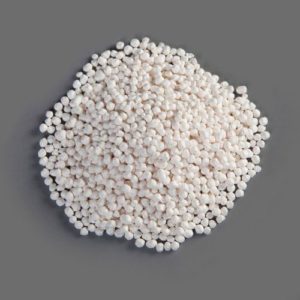Description
A white salt that is very soluble in water. Used primarily as a food preservative. It is effective in a variety of applications including food, wine, and personal-care products.
Additional information
| CAS# | 24634-61-5 |
|---|---|
| Formula | C6H7KO2 |


A white salt that is very soluble in water. Used primarily as a food preservative. It is effective in a variety of applications including food, wine, and personal-care products.
| CAS# | 24634-61-5 |
|---|---|
| Formula | C6H7KO2 |
(708) 249-3272